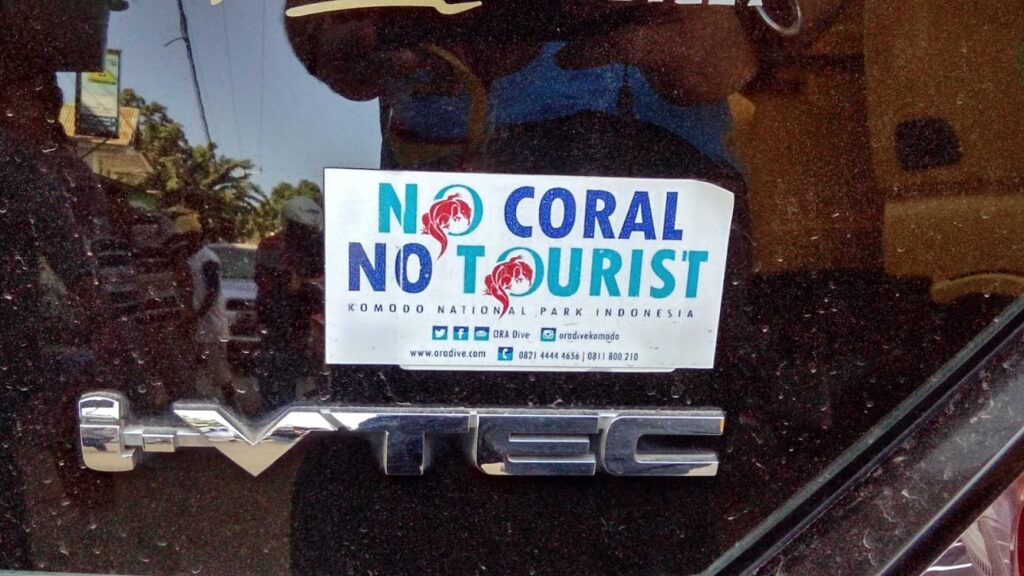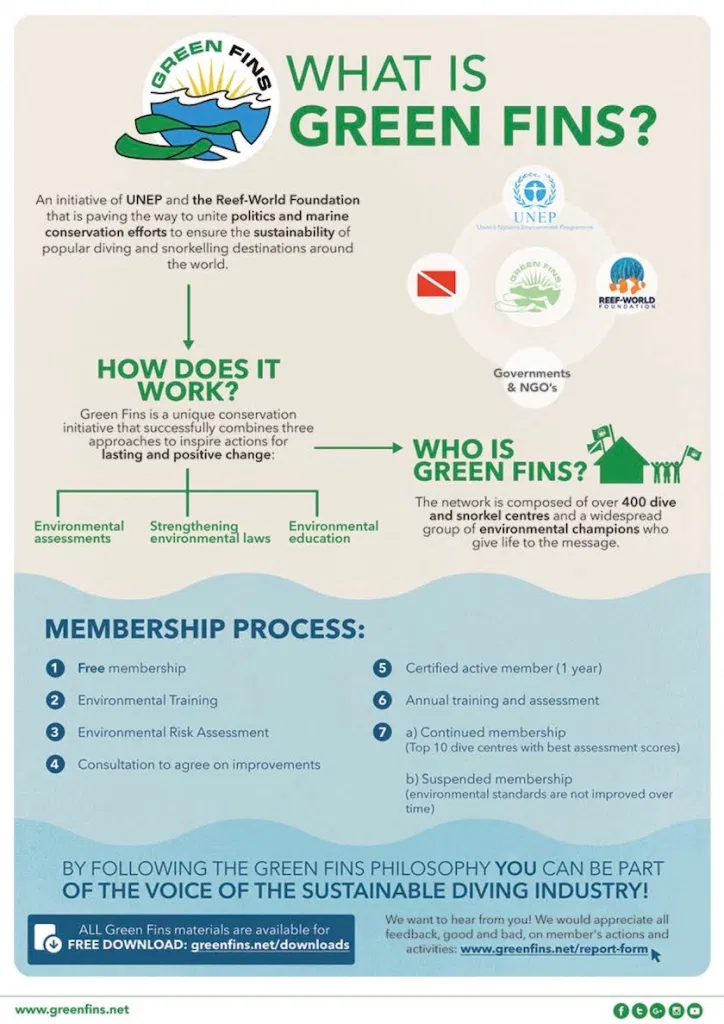We were happy to be given a copy of Japan’s Diver Magazine‘s current issue (issue 11, November 2020), which focuses on environmental issues affecting the world’s oceans and the seas of Japan.
Among other things, the magazine published an “Ethical Diver Declaration” (「エシカルダイバー宣言」), including a list of 14 actions divers and operators can take to try to reduce the impact of scuba-diving and related activities:
- Using non-aggressive, reef friendly sunscreen
- Using re-useable drinking bottles rather than disposable plastic bottles
- Using non-aggressive mask defogging products
- Using biodegradable soaps and shampoos
- Using fins that match one’s level as a diver
- Avoiding touching the bottom as much as possible
Japanese Diver issue 11, November 2020
While we would have liked to see a little more emphasis on no-touching guidelines (and maybe the, ahem, touchy issue of diving gloves, which are still very commonplace in Japan, even in warm waters), it’s great to see such points being brought up, and we hope this will continue, as Japan’s diving industry was often lagging a little behind in terms of best practices…
On a slightly more critical note, as is common with this type of downstream approach, it avoids discussing the actual causes behind the current worldwide environmental crisis (which would amount to making a political statement of sorts…).
The articles also avoid aspects which currently still tarnish the country’s ecological reputation (overfishing and other practices of the fishing industry, “research” whaling, the treatment of cetaceans…).
As elsewhere, the focus is here on little acts which, while they do help locally and give one the impression of doing something meaningful, actually have little practical effect on the state of the ocean in the current scheme of things.
While diver damage is certainly never a good thing, and divers can indeed kick and crush a good dive site’s reef to rubbles, scuba diving or sunscreen are obviously not the main reason why coral is bleaching around the globe (unfortunately, as the issue would then be much simpler to resolve…).
And let’s not forget the major source of plastic pollution of the ocean is currently still discarded fishing gear, whatever the source…
All and all, it’s a little like focusing on plastic trash thrown in the sea in regions that actually have no functional garbage collection and treatment systems, not to mention recycling operations…
Sure, it’s all good to teach kids and adults alike to be trash heroes, but clearly a more sustainable solution is to focus on the upstream causes, and one reducing the production, supply and use of such polluting articles (which means involving the companies producing and selling the products that end up as rubbish, in the ocean or elsewhere), and also, very importantly, to set up functional garbage management infrastructure.

Single use plastic water glass sold by Danone Aqua in Indonesia and elsewhere
And yet, as much of a drop in the ocean as these might be, initiatives aiming to increase environmental awareness in the diving and general tourism industry are always very welcome, especially when business models often still seem to be aiming at exponential growth (of divers/tourists/seafood sales) in an already stressed environment with limited ressources (the ocean and its marine life).
While these initiatives do little to protect and save our oceans, the least we divers can do is try to limit the impacts of our beloved activity, and avoid adding to the major problems at hand.
And protecting the local diving environment is a key to its economic sustainability – no coral, no tourists, as they say…

There’s no way around it, recreational scuba diving, like all tourism (human?) activities in general, has a real environmental impact.
This impact may be negligible compared to others (fossil fuels, intensive agriculture, mining, extensive fishing, shipping just to name a few in no specific order), but is one we, as divers and industry operators can and should always aim to reduce.
The plus side of nature-focused activity like diving is that it sharing our passion can also help increase general environmental awareness, with the hope that some of it will trickle down onto future generations – especially those who will end up in charge of key economic sectors heavily responsible for the environmental crisis we are currently in – and maybe lead them to try to reduce their impact in much more meaningful ways than ours…
On a concluding note, we’d like to remind divers and dive operators of the Green Fins initiative, which aims to protect and conserve the marine environement through environmental guidelines promoting a more sustainable diving and snorkelling industry.
Green Fin’s accreditation system helps identify operators trying to make a difference, through a process of environmental auditing, training and promotion of information on best practices in diving.
The following conservation tools and infographic posters highlighting best practices for operators are available for free download in multiple languages, including English, Japanese and French.
These include downloadable posters in English and Japanese on best practices for diving and snorkelling and also underwater photography
So cheers to ethical diving, and many happy bubbles!
b&k




